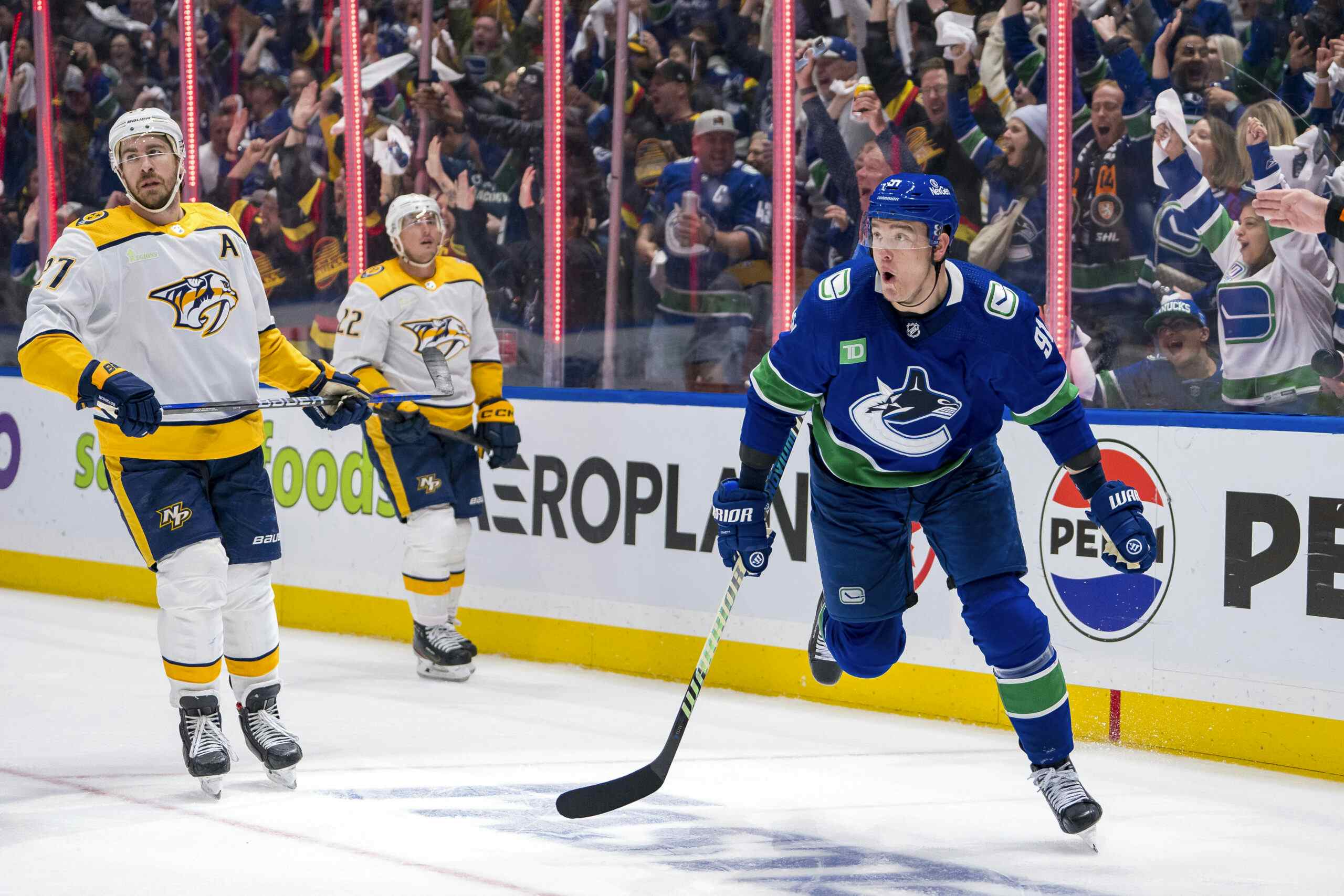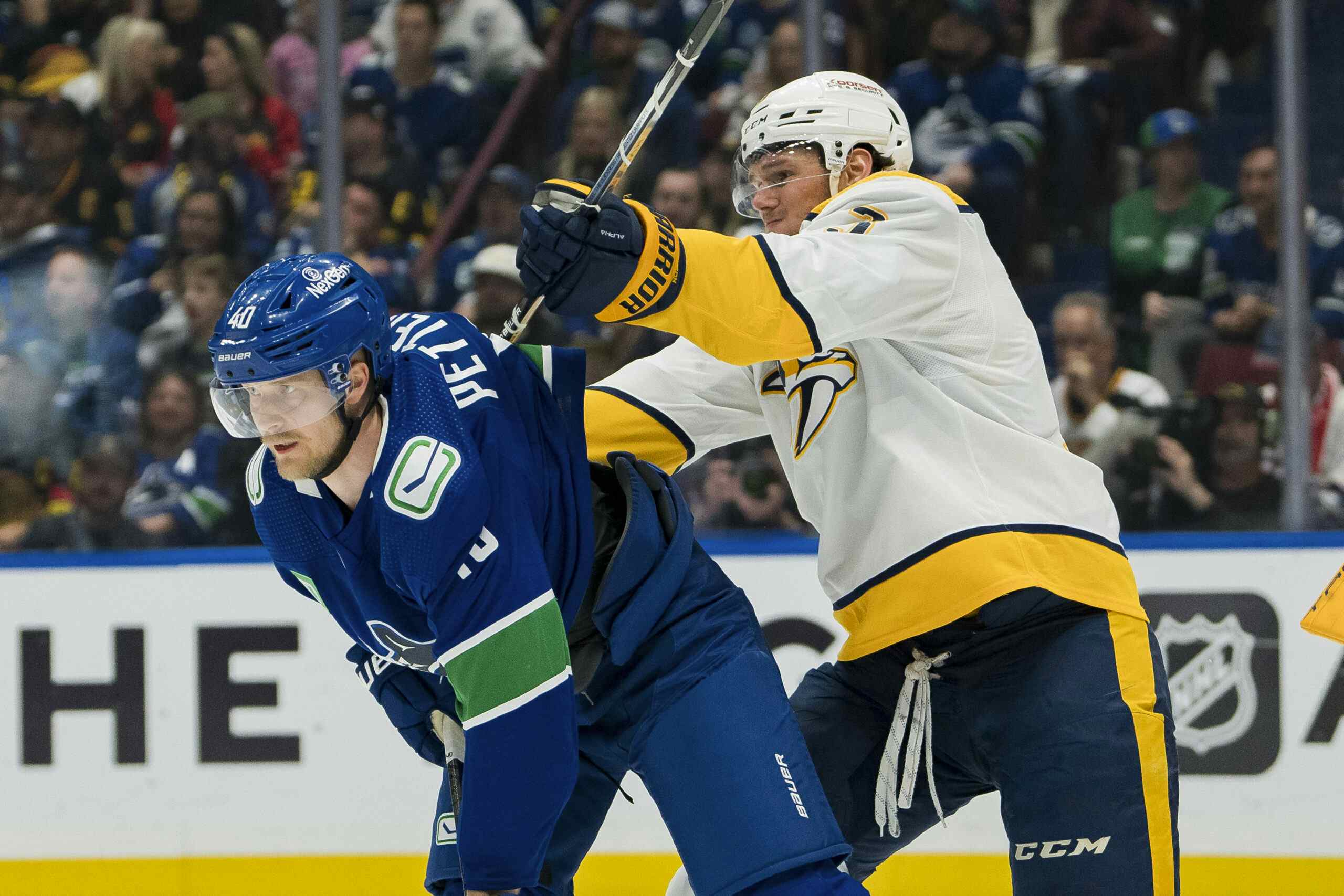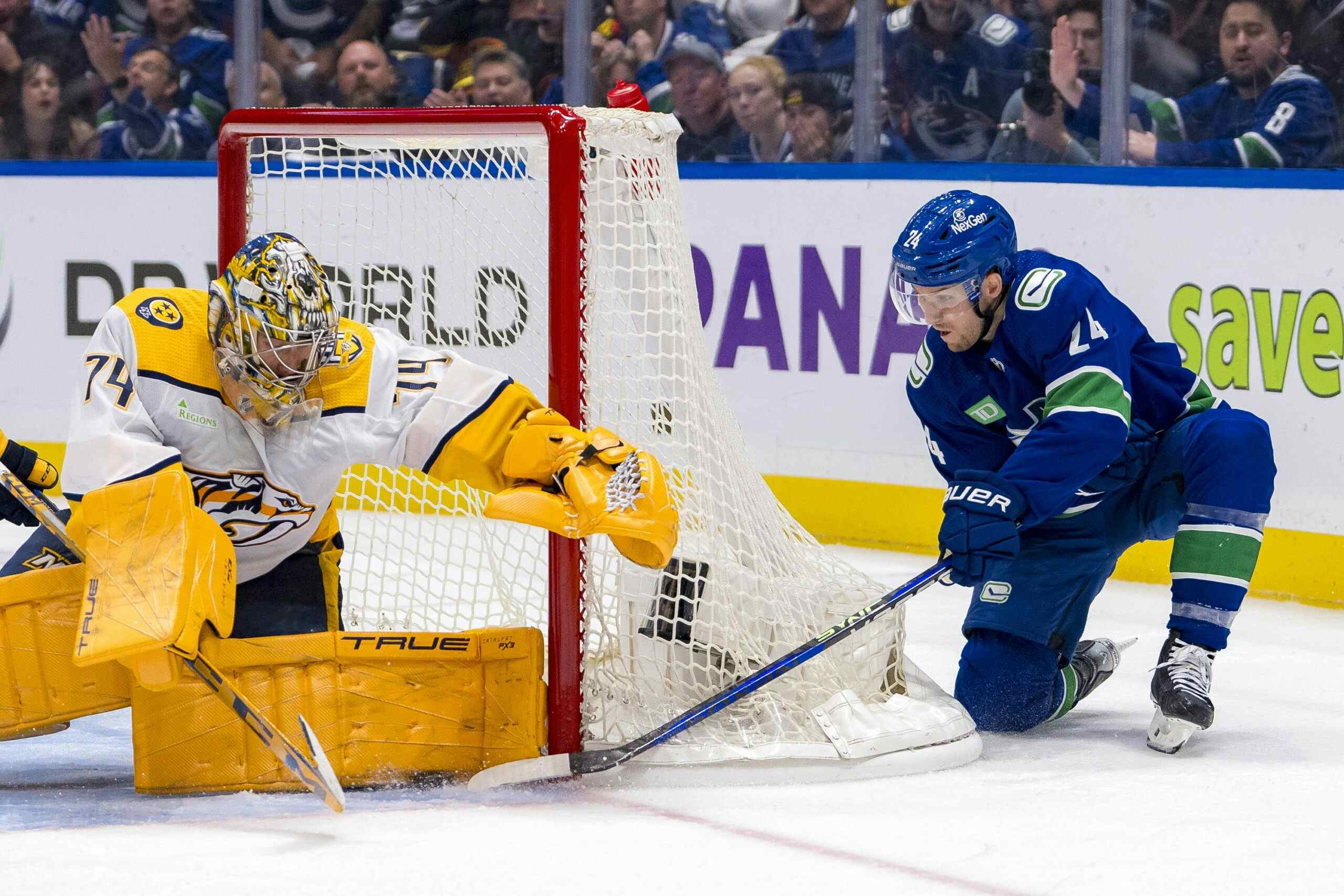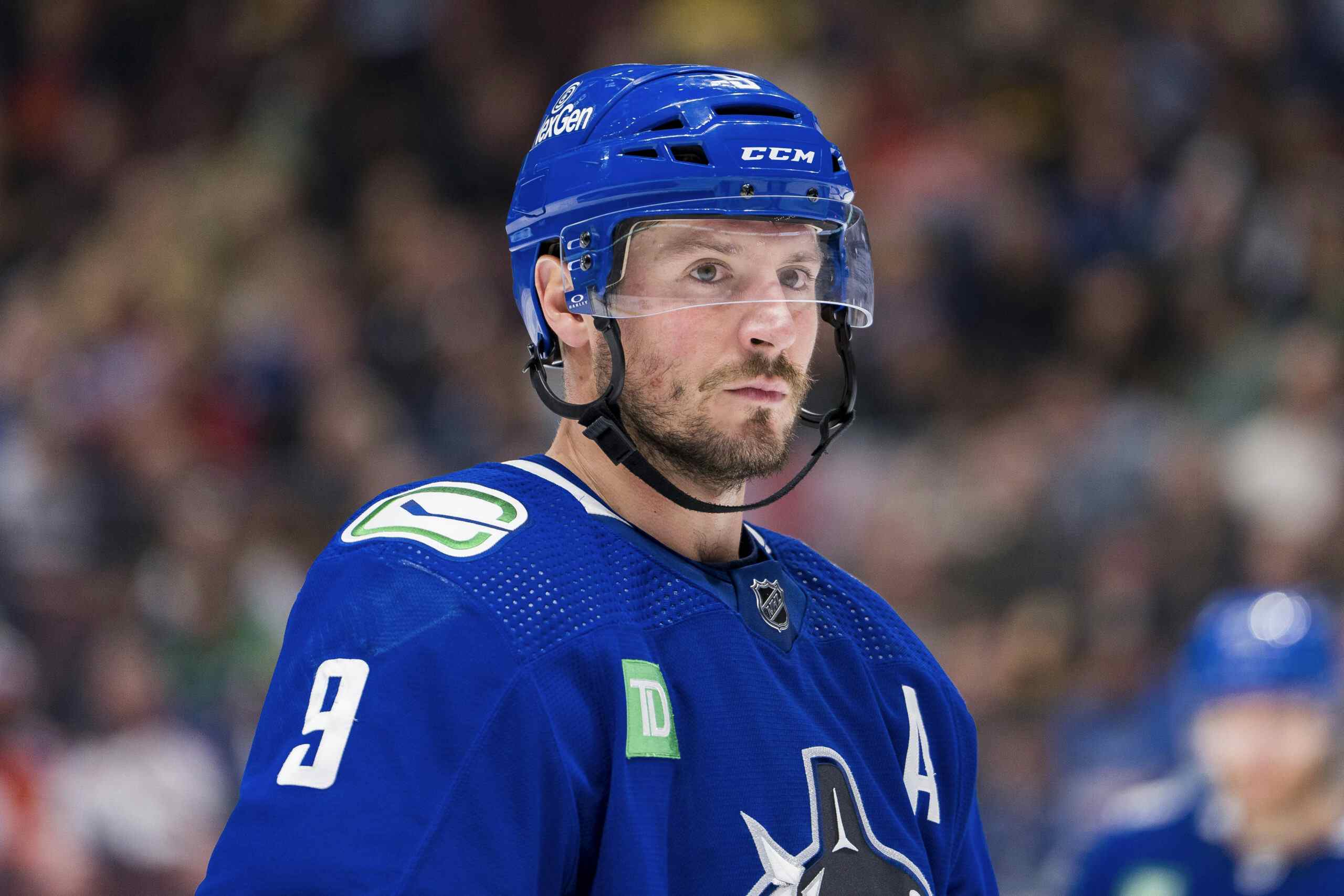WHAT WE LEARNED FROM THE WORLD CUP OF HOCKEY
By Taylor Perry
7 years agoThe latest edition of the World Cup of Hockey has come and gone, and now, with the calendars flipped to October, we can finally begin to focus exclusively on the NHL season (in addition to such things as work, school, and family, of course). The Canucks will now have their full complement of players available for the remainder of the preseason, give or take a Jake Virtanen shoulder injury. But with these two weeks of international hockey competition complete, we can now reflect on the tournament and what it meant – if anything – for future iterations of the event. As with any event of this nature, there were some highs and some lows – but overall the hockey itself was entertaining and, in some cases, even spectacular. That, more than anything, made this World Cup worthwhile. But what else did we learn from it?
Canada is really good at hockey.
Ok, so this really isn’t news. Canada has won the last three international best-on-best tournaments and four of the last five. And it hasn’t exactly been close. Going back to the 2010 Olympics in Vancouver, Canada is currently on a 16-0-0 streak over its last three tournaments. Sure, there have been some close calls – a 3-2 overtime win over the USA in 2010, a 2-1 squeaker versus Latvia in 2014, and the late comeback against Team Europe this past Thursday. Increasingly, however, it feels as if Canada lacks true competition at the elite international level. When it loses stars like Jamie Benn, Tyler Seguin, Jeff Carter, and Duncan Keith, it doesn’t miss a beat. Even Canada’s “B” teams have dominated the World Championship the past two years.
What that doesn’t mean is that it will continue forever. International hockey, like its professional counterpart, tends to go in cycles. The Soviet Union dominated international play for decades, and then had its run ended by Canada, before the end of the Cold War ushered in an era of international parity for roughly a decade. The current golden generation of Canadian hockey is the result of the 2005-09 World Junior championship teams that won five straight gold medals. Since then, Canada has won exactly one of these tournaments. Countries like Finland and the USA have won multiple titles in the meantime, and Russia and Sweden have also won. If USA Hockey learns its lesson from this World Cup and begins sending its best players, and Russia and Sweden stop being slaves to their own coaching traditions and adopt more modern techniques – count them them all in, as well.
Skill and speed trump grit and experience.
Once again, this really isn’t news. The game has always been – at its essence – about how the best players perform. Like Joe Thornton explained, grit is great when you have the skill to complement it. Especially at this level, teams simply can’t make up for a lack of talent (unless it’s with great goaltending). From the moment Team USA decided to leave a number of its more talented players at home (*cough* Phil Kessel *cough*) in favour of players like Justin Abdelkader and Brandon Dubinsky – and in naming John Tortorella coach – it was doomed. Team USA is not an 0-3 team at this level, but in this case, in this tournament, they were.
Of course, the opposite end of the spectrum featured Team North America. Derided as a gimmick by many in the months leading up the World Cup, the young guns managed to win hearts and minds in Toronto with their exhilarating play. Although it failed to qualify for the elimination round, Team North America finished 2-1 and narrowly missed advancing. If the coaching staff had instructed the young guns to go for it late in regulation against Sweden and win in 60 minutes, they might have moved on. But that would have prevented fans from witnessing some of the best four minutes of hockey they might ever see.
Boy, was that ever fun.
Sidney Crosby is still the best player in the world.
Crosby has had quite the 2016. Ever since the Penguins fired former coach Mike Johnston, Crosby has reasserted himself as the game’s top player. In the last few months, specifically, he has won the Stanley Cup, the Conn Smythe, World Cup, and World Cup MVP. There were whispers of his decline only a year ago, but those have effectively been silenced. He scored 58 points after January 1st, and finished third in league scoring. In the playoffs, he scored another 19 points and helped the Penguins to their fourth Stanley Cup. And in Toronto, he was the star among stars, leading the tournament in scoring with 10 points in six games and playing a strong, two-way game. His line with Brad Marchand and Patrice Bergeron was the best in the tournament. Crosby, meanwhile, was its best player.
Ralph Krueger is a great coach.
He toiled in relative obscurity for a number of years as the Head Coach of the Swiss national team, but the Canadian-born German hockey player-turned coach has firmly established himself as one of the great international hockey coaches. During his tenure, he orchestrated one of the great international upsets of the modern era when Switzerland shutout Canada 2-0 during the round robin stage of the 2006 Torino Olympics. After stepping aside in 2010, he went behind the bench of the Edmonton Oilers for the lockout-shortened 2012-13 season. Although the Oilers that year had their best season (prorated) in the last five, Krueger was unceremoniously fired via Skype in the off-season.
The industrious and intelligent Krueger – he sits as a member on the World Economic Forum – decided to forego hockey for a position as director, and later chairman, of Premier League club, Southampton FC in 2014. After acting as a consultant to Mike Babcock and the 2014 edition of Team Canada in Sochi, he was brought back as coach for Team Europe for the World Cup. He managed to turn an island of misfit toys into a cohesive and successful unit. Many pundits considered Team Europe cannon-fodder to start the tournament, but Krueger moulded his players to play within a system that allowed them to compete with the NHL’s best. He finally had the opportunity to coach real talent, and this tournament proved his own talent as a coach.
It’s not the Olympics.
It had the feel of a gimmicky cash grab by the NHL from the outset. With two teams comprised of players from multiple countries, it would never feel like a true international best-on-best tournament. But there was something else, as well. I think Jason Brough of NBC’s ProHockeyTalk put it best:
Exactly. My response was that it was like comparing The Hobbit to The Lord of the Rings, a trifle distraction instead of the real deal. It didn’t help that much of the Toronto sporting landscape was preoccupied with the Blue Jays’s playoff push (collapse?), either. Attendance was underwhelming, and while the final television numbers were respectable (7.53 million Canadians tuned in to some part of Game 2 of the final series) they paled in comparison to the numbers from the 2010 Gold Medal Game (16.6 million Canadians) and the 2014 Olympic final (around 15 million), which was played in the early hours of the day.
For a generation of hockey fans, the Olympics have become the premier international event. With the brand and stage of the Olympic Games, the World Cup could never really hope to surpass it. While the hockey ranged from good to fantastic, and the players took the competition seriously, it lacked the prestige of the Olympics and that was a shortcoming it could never really overcome.
Besides, that trophy has nothing on an Olympic Gold Medal.
Recent articles from Taylor Perry





